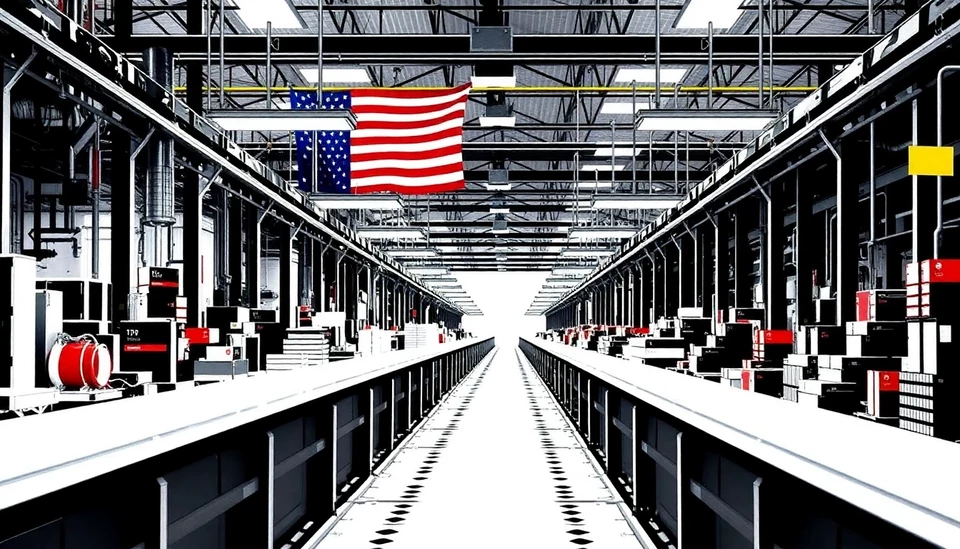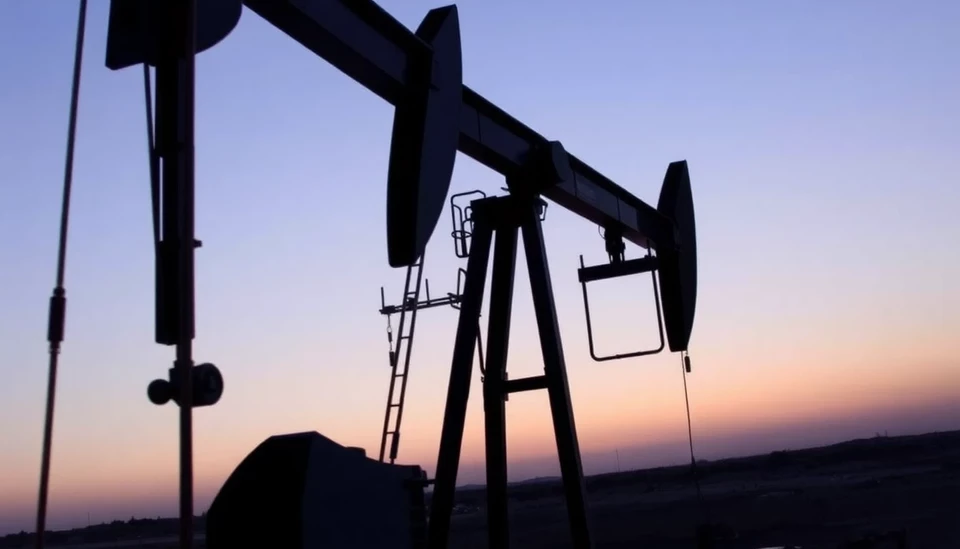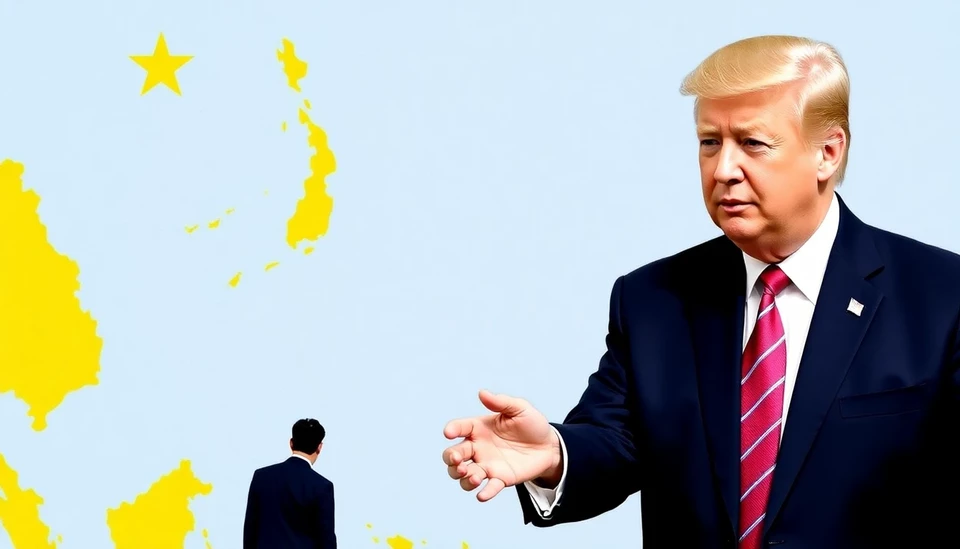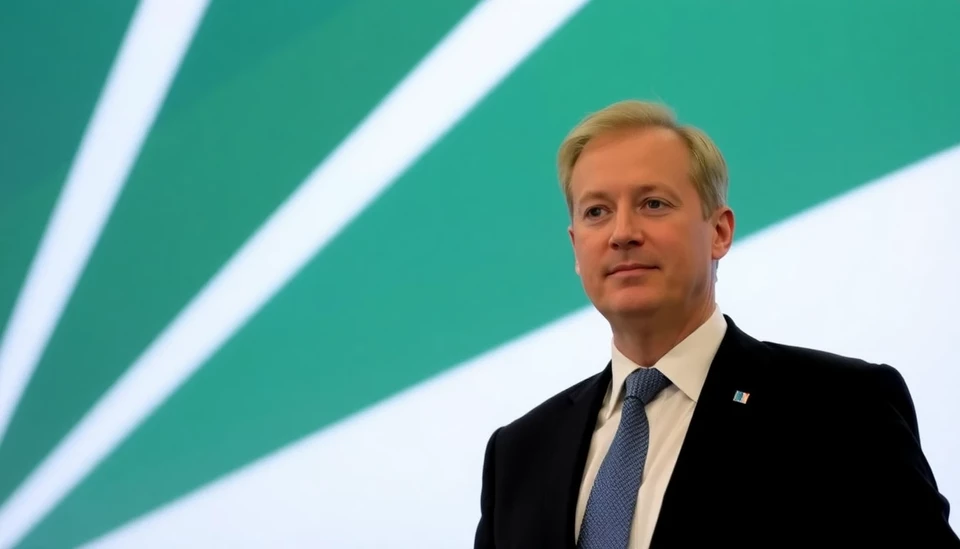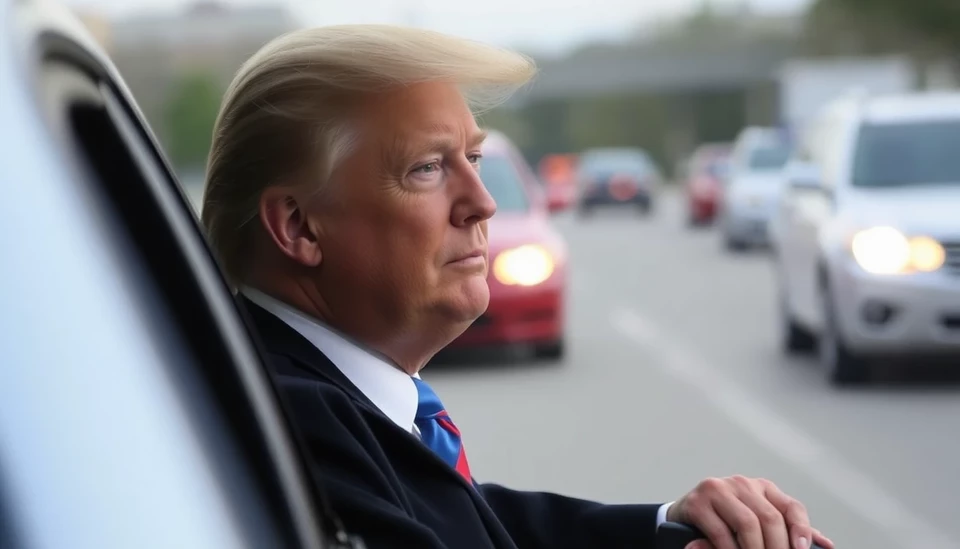
In a bold move signaling its commitment to deregulation, the team of former President Donald Trump is intensively targeting proposed auto mileage rules that they argue are covert mandates for electric vehicle (EV) adoption. The controversial standards, which are seen by many as aligning with environmental agendas, have been vehemently criticized by Trump and his allies, who assert that such regulations would adversely impact the automotive industry and consumers alike.
The plans to reshape these regulations coincide with Trump's renewed campaigning efforts for the 2024 presidential elections, representing a significant pivot point for his platform—one that embraces traditional combustion engine vehicles amidst an industry increasingly shifting towards electrification. Trump's rhetoric emphasizes the belief that mandating EVs jeopardizes jobs in the auto sector and leads to higher costs for consumers.
In recent statements, Trump highlighted that these mileage standards are part of an agenda pushing America towards an all-electric framework, a vision he ardently opposes. His administration has indicated a desire to aggressively roll back these restrictions, framing the campaign as one of protecting American jobs and championing free-market principles in the auto industry.
Experts in environmental policy have expressed concerns that undoing these mileage rules could exacerbate climate challenges. They argue that the regulatory measures are essential for reducing carbon emissions and promoting cleaner air quality. However, Trump's team counters this argument with a narrative focused on economic and operational viability for automotive manufacturers, asserting that tougher emission standards will stifle innovation and competitiveness.
As the Trump administration gears up to contest the current trajectory of auto regulations, the automotive sector is bracing for a contentious battle. Automakers are caught in the crossfire, as they navigate complex state and federal guidelines while balancing market demands and sustainability initiatives. Many major manufacturers have already invested heavily in electric and hybrid technologies, indicating a reluctant adaptation to the changing landscape.
The stakes are high—if Trump succeeds, it could significantly reshape consumer choices, industry investments, and even the future of global automotive technology. As the debate unfolds, it remains to be seen whether his efforts will resonate with voters who are increasingly concerned about climate change and environmental stewardship.
In the lead-up to the election, Trump's narrative will not only have implications on the auto industry but could serve as a barometer for the broader energy policies the U.S. may adopt. With a divided populace on energy issues, the outcome of this regulatory battle could influence not only job markets and consumer costs but also the ongoing conversation about America’s role in combating climate change.
For now, the automotive industry watches closely as the 2024 election looms, with the potential for monumental changes hanging in the balance. The ongoing discourse surrounding auto mileage regulations serves as a pivotal issue that could sway public opinion and voting behavior in the months to come.
#Trump2024 #AutomotiveRegulations #ElectricVehicles #ClimatePolicy #Jobs #Deregulation
Author: Victoria Adams

